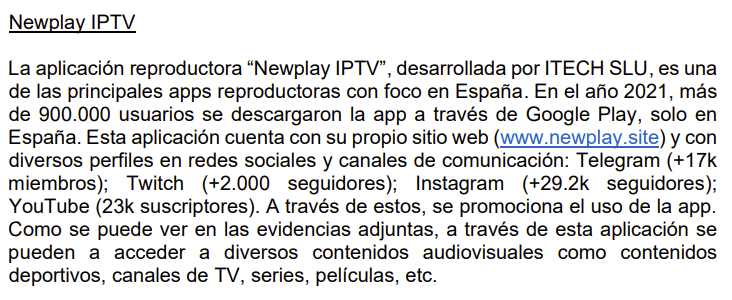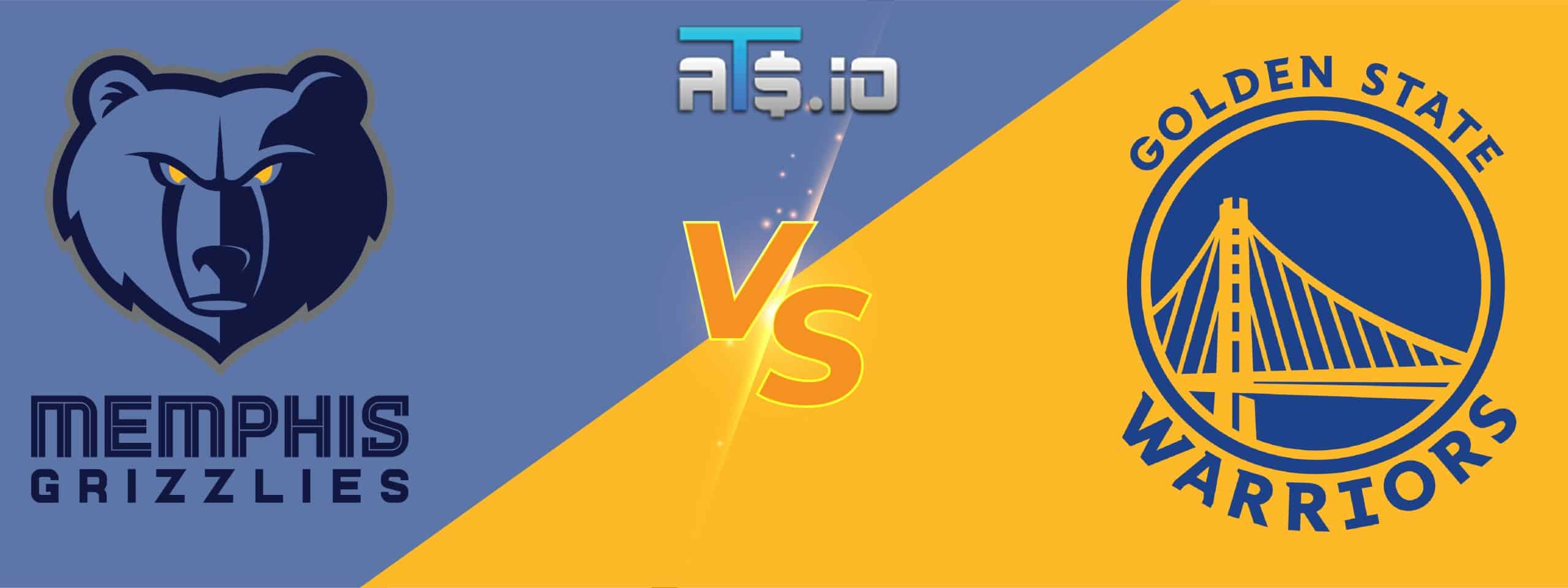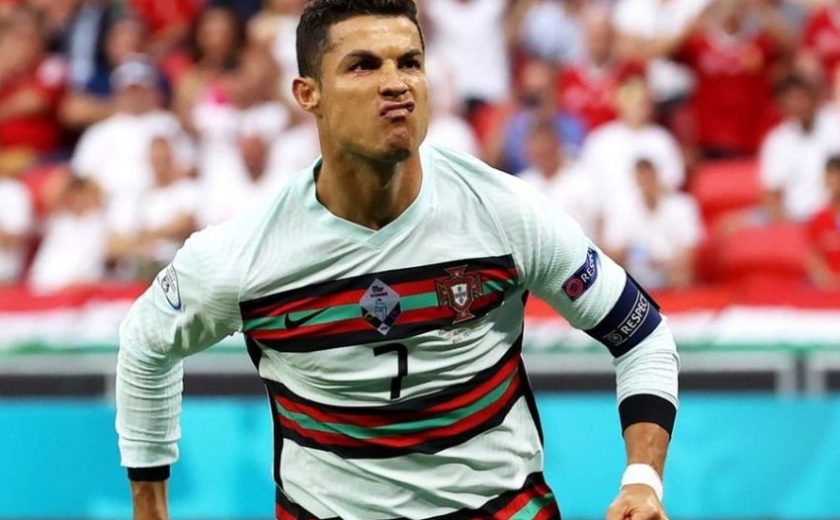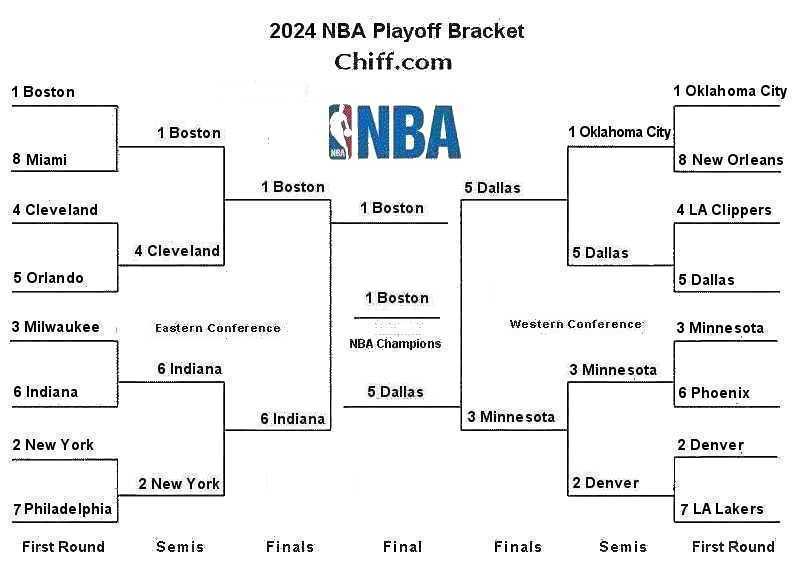Google's Potential Criminal Liability In LaLiga Piracy Case

Table of Contents
The Allegations Against Google: Facilitating Copyright Infringement
LaLiga's lawsuit against Google centers on the allegation that Google's services, particularly Google AdSense and Google Search, are being actively used to facilitate the illegal streaming of LaLiga matches. The league claims that Google knowingly allows websites and platforms offering unauthorized streams to utilize AdSense for monetization, directly profiting from copyright infringement. Furthermore, LaLiga argues that Google’s search algorithm actively directs users to these illegal streaming sites, making it easier for fans to access pirated content.
- Specific examples of infringing websites using Google AdSense: LaLiga has presented evidence of numerous websites using Google AdSense to generate revenue from illegal streams of their matches, showcasing direct monetization of copyright infringement.
- Evidence of Google search results linking to illegal streams: LaLiga claims that searches for "LaLiga streams" or specific match details frequently return links to websites offering pirated content, demonstrating a failure by Google to effectively filter these results.
- Lack of proactive measures by Google to remove infringing content: The lawsuit alleges that Google has not taken sufficient proactive measures to identify and remove infringing content from its platforms, despite being aware of the widespread issue. This inaction, LaLiga argues, constitutes complicity in the copyright infringement.
Legal Frameworks and Precedents: Copyright Law and Digital Platforms
This case involves a complex interplay of Spanish and international copyright laws. The relevant legal precedents surrounding platform liability for user-generated content are crucial to determining Google's potential criminal liability. The concept of "safe harbor" provisions, particularly as defined in the Digital Millennium Copyright Act (DMCA) in the US, and similar legislation in other jurisdictions, will play a significant role in the court's decision.
- Explanation of the Digital Millennium Copyright Act (DMCA) and its relevance: The DMCA provides certain protections for online service providers against liability for user-generated content, provided they meet specific requirements regarding notice and takedown procedures. This is a central argument in Google's defense.
- Case law examples of platform liability in similar copyright infringement cases: Several legal precedents exist where platforms have been found liable for copyright infringement facilitated through their services. These cases will provide important guidance in the LaLiga vs. Google case.
- Arguments for and against Google's potential liability under safe harbor provisions: Google will likely argue that it qualifies for safe harbor protections, claiming it acted diligently in responding to copyright infringement notices. However, LaLiga will contend that Google’s actions (or lack thereof) fall outside the scope of these protections due to allegations of active facilitation and monetization of piracy.
The Role of Google's Algorithms and Monetization Strategies
Google’s search algorithms and its AdSense monetization program are central to the allegations. Critics argue that Google’s algorithms may inadvertently, or even intentionally, prioritize results from websites offering illegal streams, while its AdSense program directly profits from these infringing websites.
- Specific examples of algorithmic improvements that could mitigate the problem: Improvements to Google's algorithms could include more sophisticated detection of keywords associated with illegal streaming, prioritizing official broadcasting sources in search results, and improved content filtering techniques.
- Discussion of the ethical implications of Google's role in this context: The ethical implications are significant. Google's massive reach and influence make its role in potentially facilitating piracy a matter of considerable public concern.
- Potential for algorithmic bias contributing to the issue: There's a possibility that algorithmic biases could inadvertently contribute to the prominence of illegal streaming sites in search results, requiring careful scrutiny.
Potential Penalties and Consequences for Google
If found criminally liable, Google faces potentially severe penalties. These could include substantial fines under Spanish and international copyright laws, leading to significant financial implications. Furthermore, the reputational damage to Google could be substantial, impacting its brand image and public trust.
- Potential fines under Spanish and international copyright laws: The fines could run into millions, or even billions, depending on the court's findings.
- Potential for legal action from other leagues and content creators: This case could set a precedent, inviting further legal action from other sports leagues and content creators facing similar issues with online piracy.
- Long-term impact on Google's brand image and public trust: A finding of criminal liability could severely damage Google’s reputation, potentially impacting its user base and investor confidence.
Conclusion: The Future of Google's Liability and the Fight Against Online Piracy
The LaLiga vs. Google case is a landmark legal battle with far-reaching implications for the future of online platforms and the fight against copyright infringement. Google’s potential criminal liability underscores the growing need for greater responsibility and proactive measures by tech giants in combating online piracy. The outcome will significantly influence how platforms approach copyright protection and their potential legal responsibilities. To understand the complexities of this ongoing legal battle and Google's potential criminal liability, further research into Google's policies and actions regarding copyright infringement is crucial. Learn more about this case and the complexities of online copyright protection to better understand the ongoing legal battle and Google’s potential criminal liability.

Featured Posts
-
 Padres Vs Yankees Prediction Will San Diego Extend Their Winning Streak
May 16, 2025
Padres Vs Yankees Prediction Will San Diego Extend Their Winning Streak
May 16, 2025 -
 26 Eama Tfsl Bynhma Qst Hb Twm Krwz Wana Dy Armas
May 16, 2025
26 Eama Tfsl Bynhma Qst Hb Twm Krwz Wana Dy Armas
May 16, 2025 -
 Nba Play In Game Preview Golden State Warriors Vs Memphis Grizzlies
May 16, 2025
Nba Play In Game Preview Golden State Warriors Vs Memphis Grizzlies
May 16, 2025 -
 0 1 Portugal Se Impone A Belgica Resumen Y Goles Del Partido
May 16, 2025
0 1 Portugal Se Impone A Belgica Resumen Y Goles Del Partido
May 16, 2025 -
 Nba Playoffs Game 6 Predictions Jimmy Butlers Best Bets For Rockets Vs Warriors
May 16, 2025
Nba Playoffs Game 6 Predictions Jimmy Butlers Best Bets For Rockets Vs Warriors
May 16, 2025
